Trump Claims He Was Not Required to ‘Support’ the Constitution During His Presidency
Former President Donald Trump is currently in the midst of a legal challenge. He’s seeking the dismissal of a lawsuit lodged against him in Colorado, a legal skirmish that has garnered attention for its peculiar nature.
This lawsuit has been brought forth by Citizens for Responsibility and Ethics in Washington (CREW), an organization that is seeking to disqualify Trump from the state’s ballot under the 14th Amendment. Trump’s defense strategy is unconventional and has stirred considerable interest.
The Nature of the Lawsuit
At the heart of this legal matter is the 14th Amendment to the United States Constitution. This amendment plays a pivotal role as it prohibits individuals who have engaged in insurrection against the United States from holding public office.
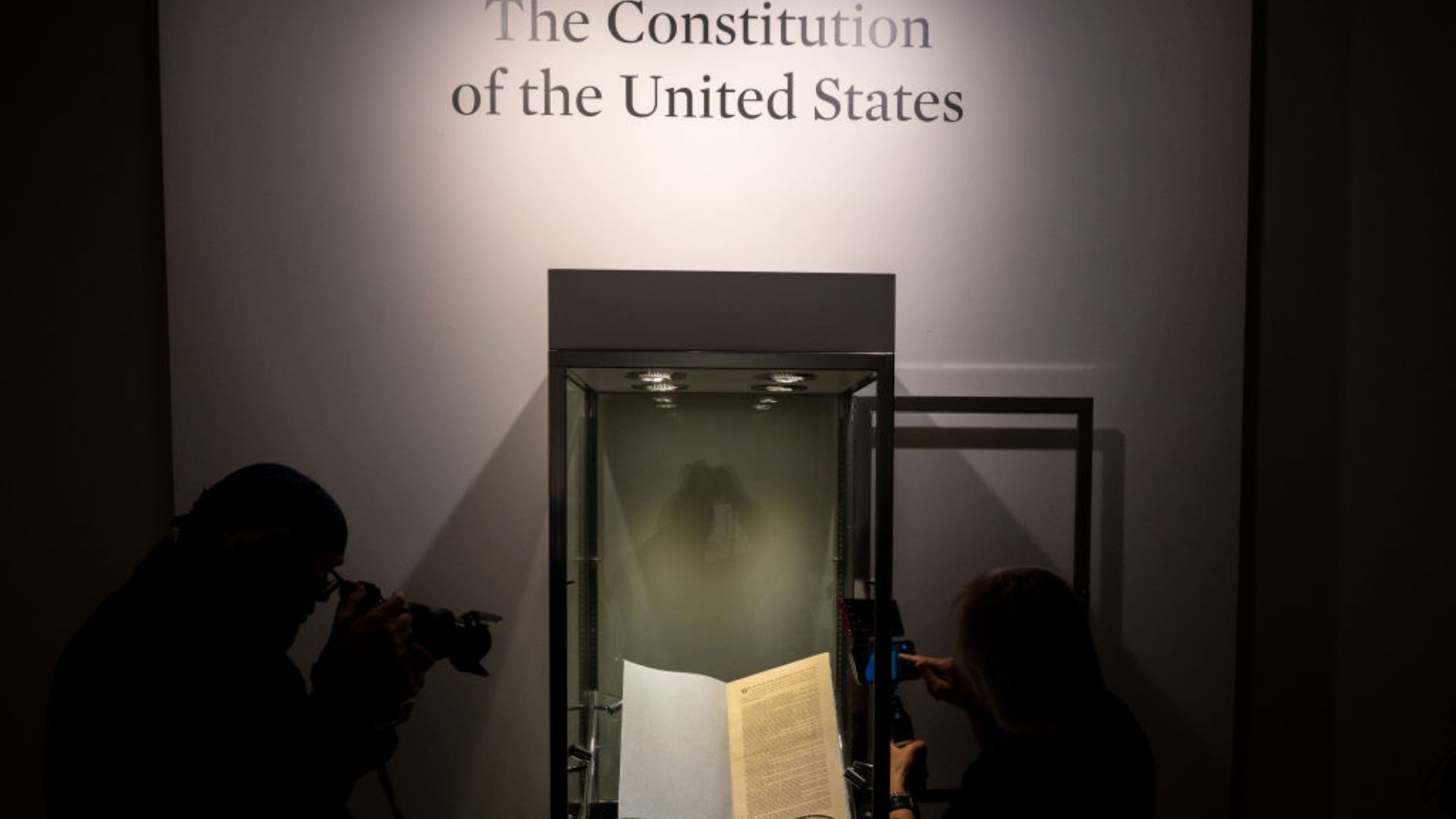
Source: Getty Images
The caveat here is that such individuals can only re-enter the political arena if two-thirds of both the House and Senate provide their approval. CREW’s lawsuit relies heavily on this amendment, making it a significant and potentially precedent-setting case.
Trump's Argument
Trump’s legal team is advancing an intriguing argument in their defense. They contend that the 14th Amendment’s section three should not be applied universally to all public officials. Instead, they emphasize that it specifically targets those individuals who have taken an oath to “support” the U.S. Constitution.
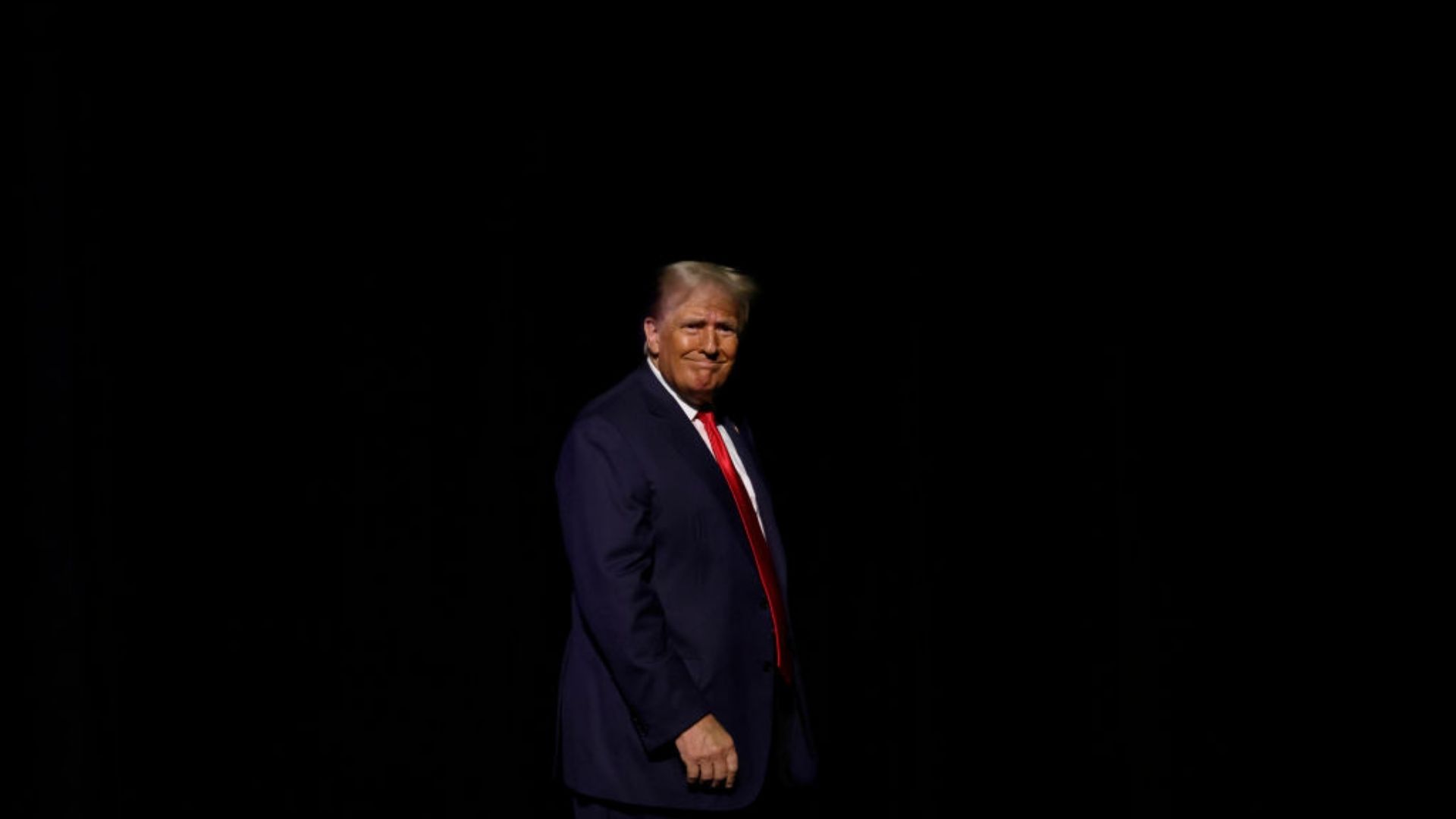
Source: Getty Images
The crux of their argument hinges on the difference between “supporting” and “preserving, protecting, and defending” the Constitution, as per the presidential oath of office.
Dissecting the Language
A key element of Trump’s defense lies in the interpretation of the language used in the 14th Amendment. His legal counsel argues that the framers of this amendment had a distinct intention in mind when they chose the term “support” instead of “preserve, protect, and defend.”
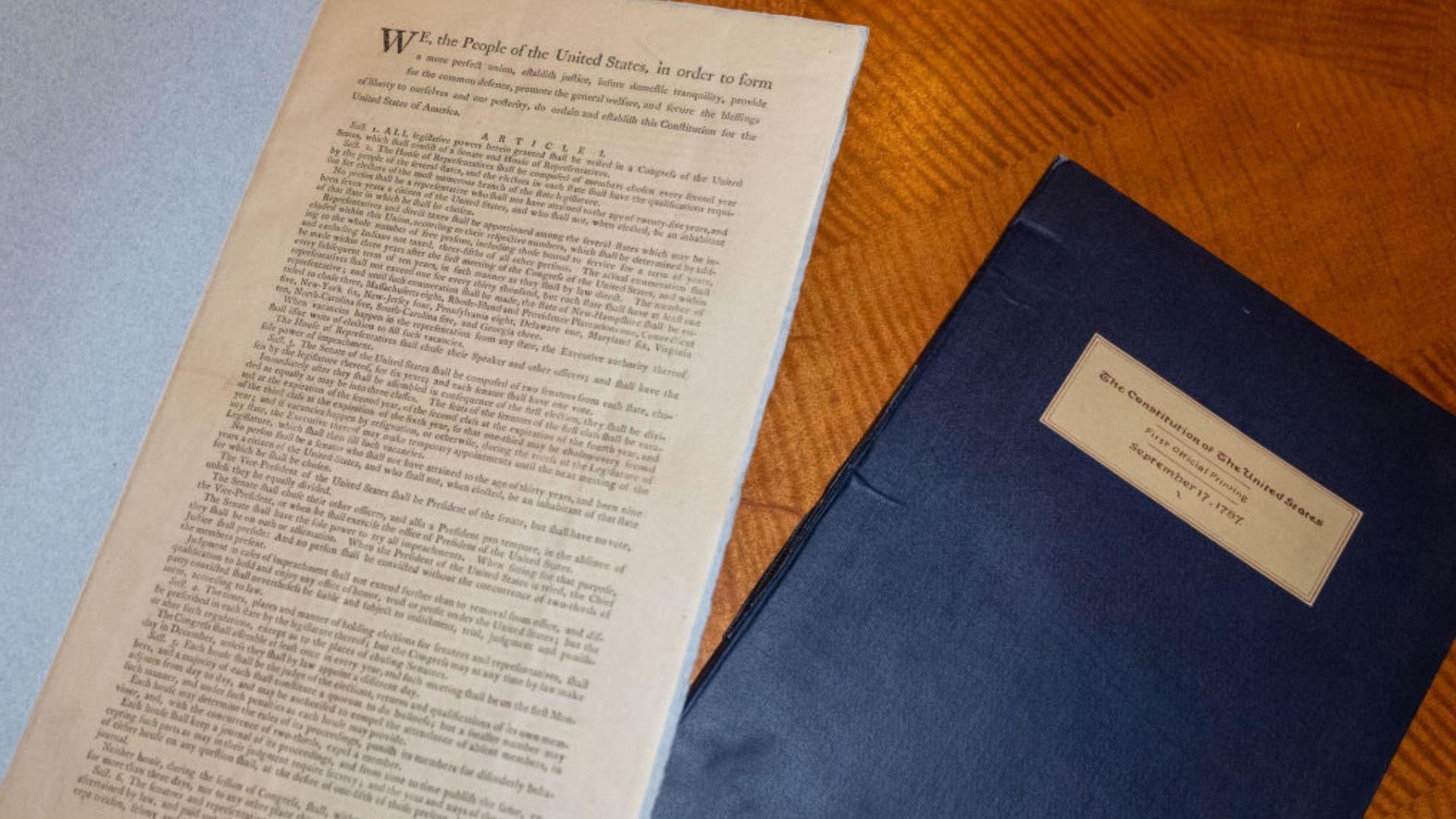
Source: Getty Images
Their argument hinges on the precise phrasing used, suggesting that this choice of words by the framers carries significant legal weight.
Trump's Previous Challenges
Beyond this current legal predicament, it is worth noting that Donald Trump has, on prior occasions, expressed skepticism and reservations regarding the U.S. Constitution.
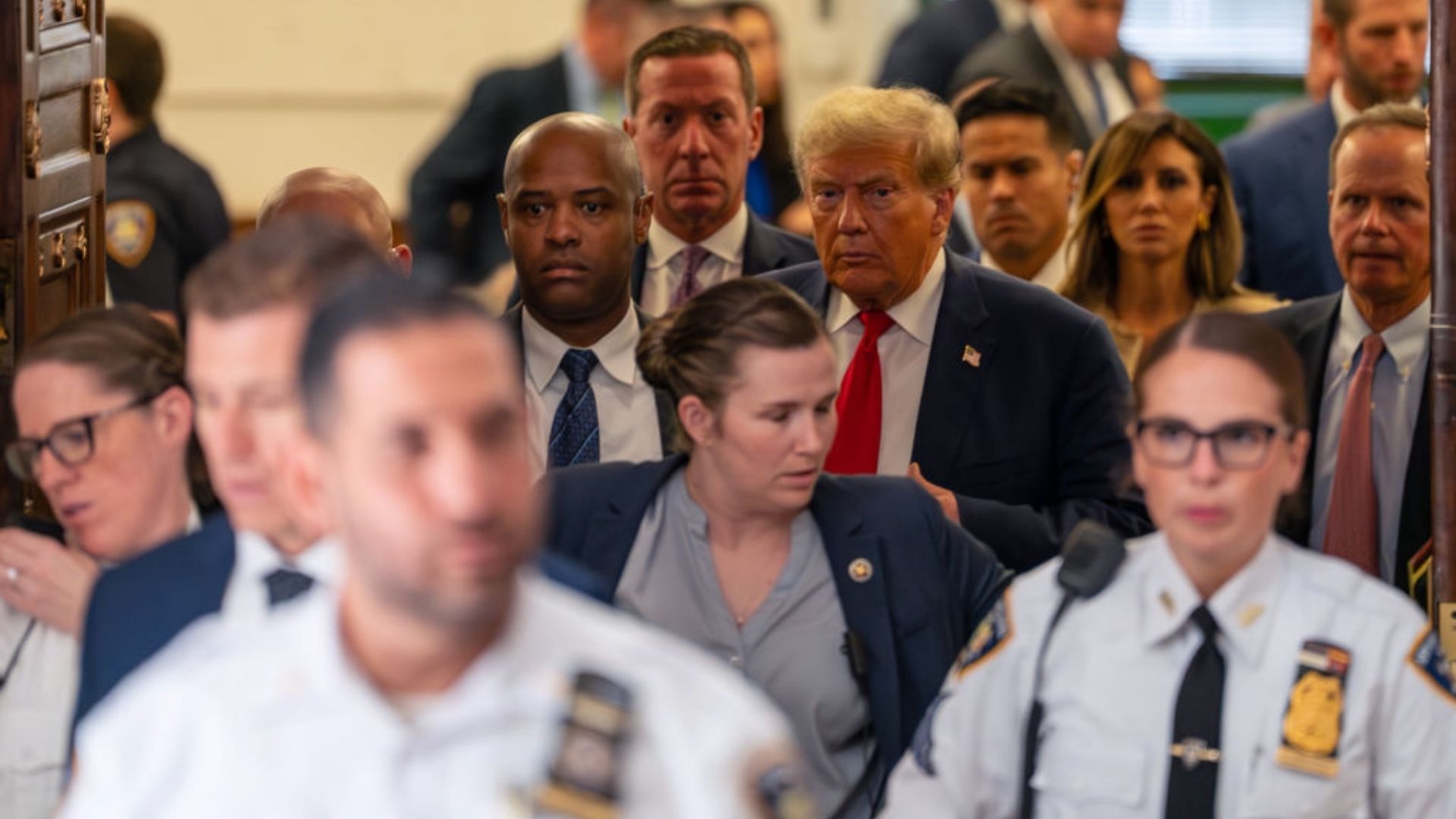
Source: Getty Images
His post-election stance, where he called for the “termination” of certain constitutional provisions following his defeat in the 2020 election, generated widespread debate and concern.
Election Claims
The aftermath of the 2020 election saw Trump making claims of substantial electoral fraud, a narrative that has continued to reverberate throughout the political landscape.
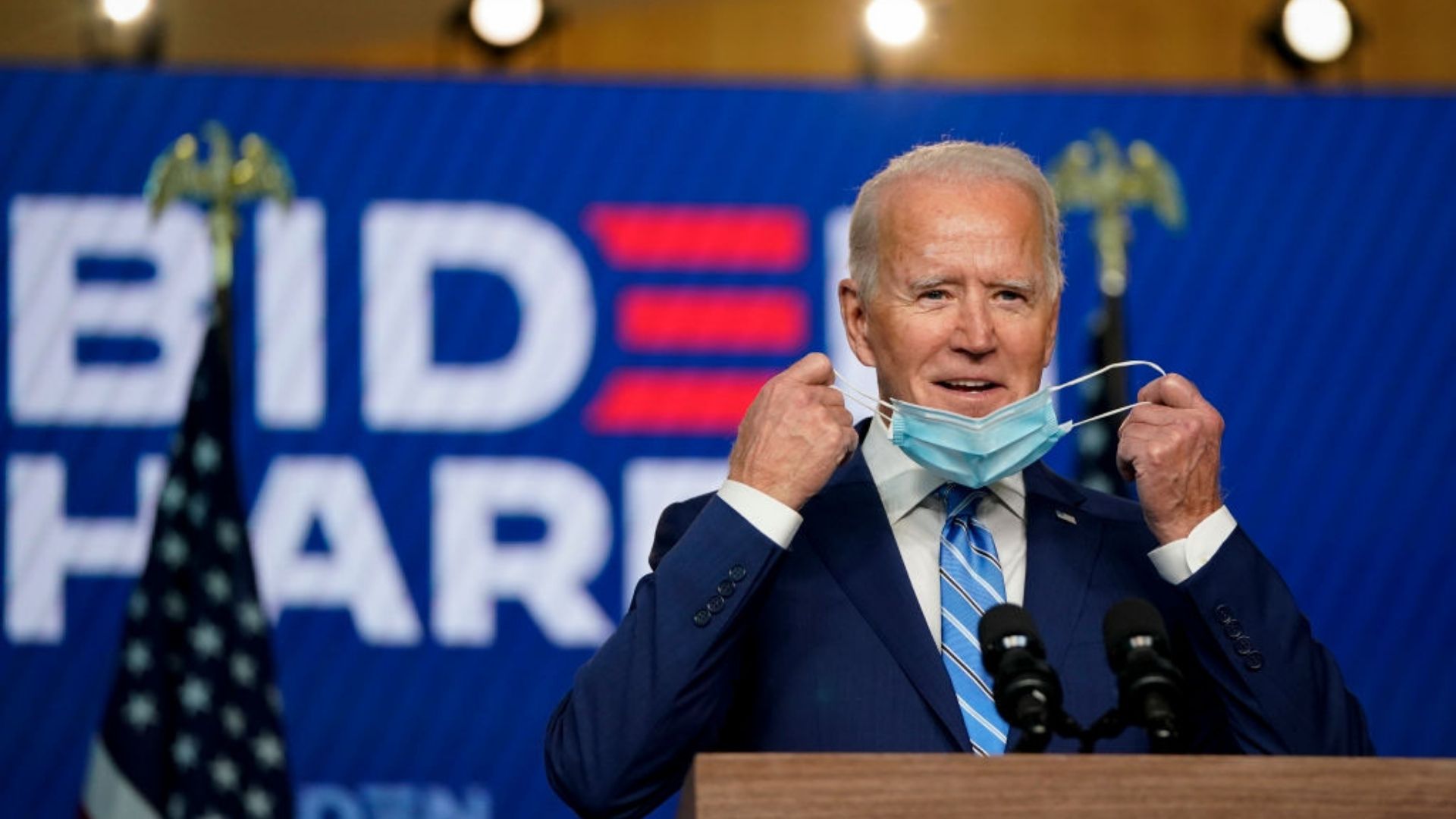
Source: Getty Images
These assertions have triggered discussions and inquiries into the integrity of the American electoral system.
Bipartisan Reactions
In response to Trump’s post-election calls for constitutional changes, voices from across the political spectrum expressed concern and critique.
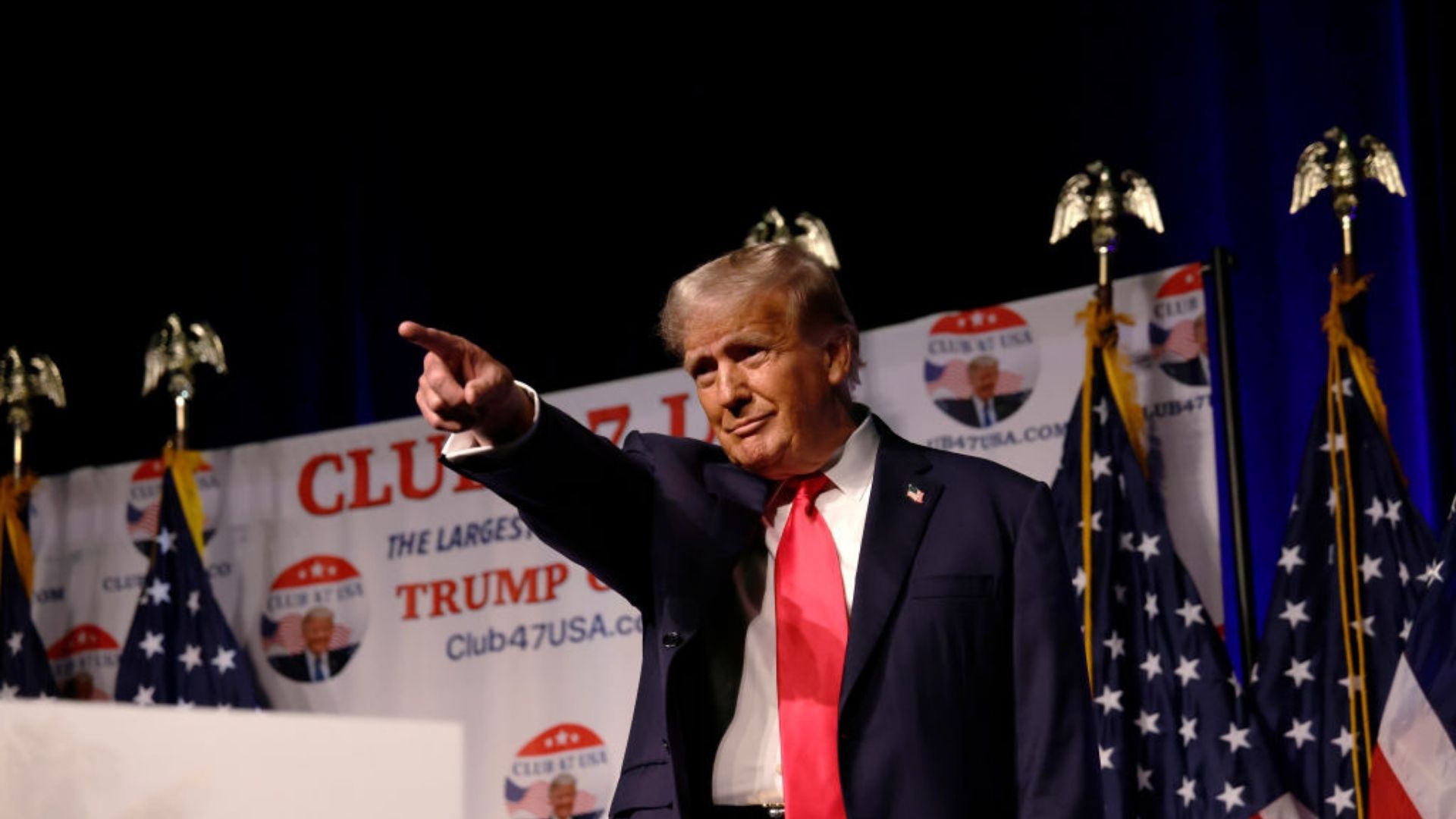
Source: Getty Images
The issue of election integrity has emerged as a contentious topic, sparking ongoing debate and analysis.
Trump's 22nd Amendment Remarks
During his tenure as president, Trump reportedly made comments alluding to the possibility of extending his term beyond the two-term limit stipulated by the 22nd Amendment.
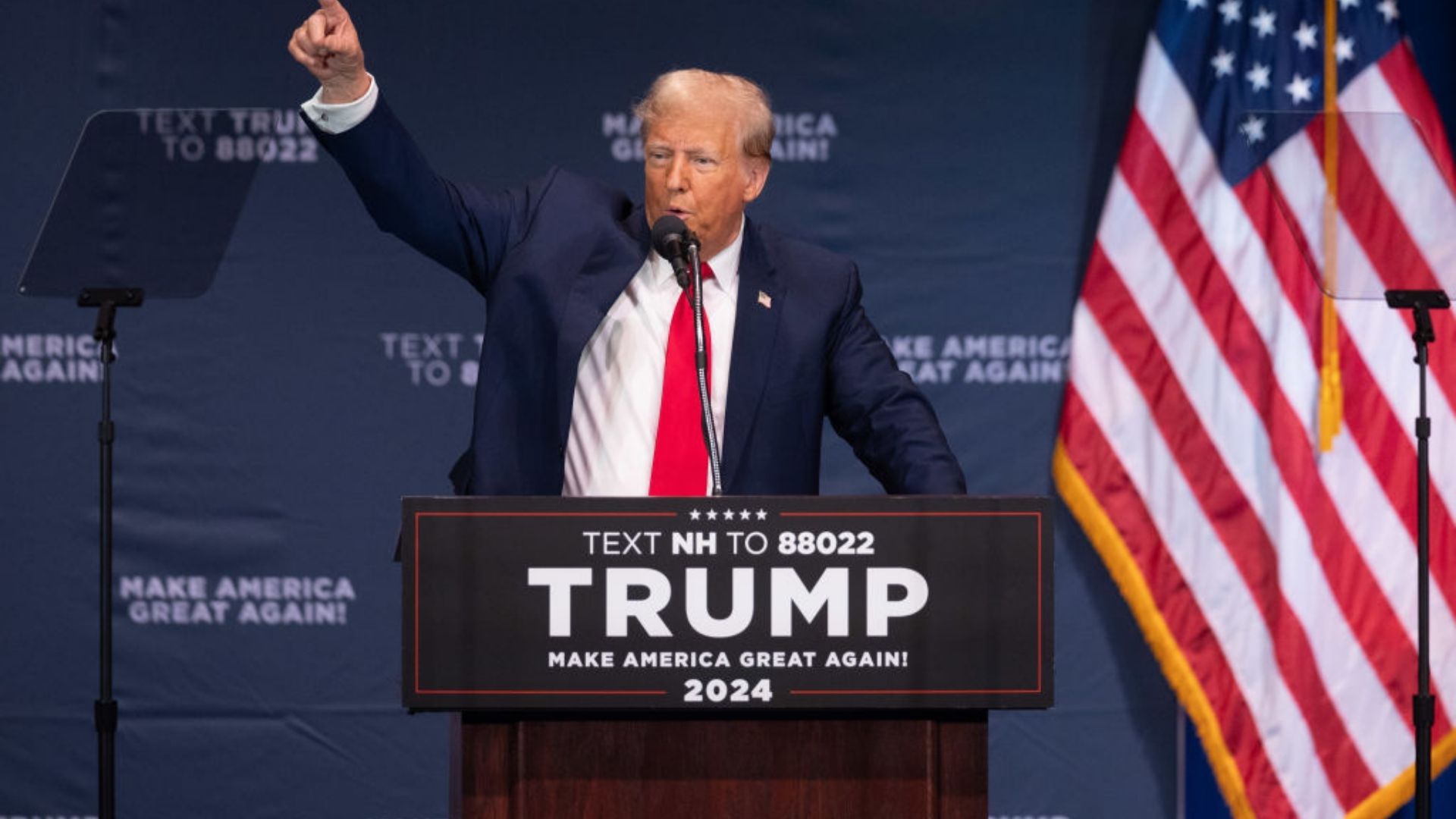
Source: Getty Images
These remarks have drawn scrutiny and raised questions about presidential term limits.
A Curious Endorsement
In an intriguing turn of events, Trump delivered a closed-door speech at Mar-a-Lago where he praised China’s President Xi Jinping for his indefinite term in office, commenting, “Maybe we’ll have to give that a shot someday.”

Source: Getty Image
This statement added an unexpected dimension to the discourse surrounding presidential terms.
The Ongoing Legal Saga
The legal dispute concerning whether Trump’s presidential responsibilities included “supporting” or “preserving, protecting, and defending” the Constitution remains far from resolved.
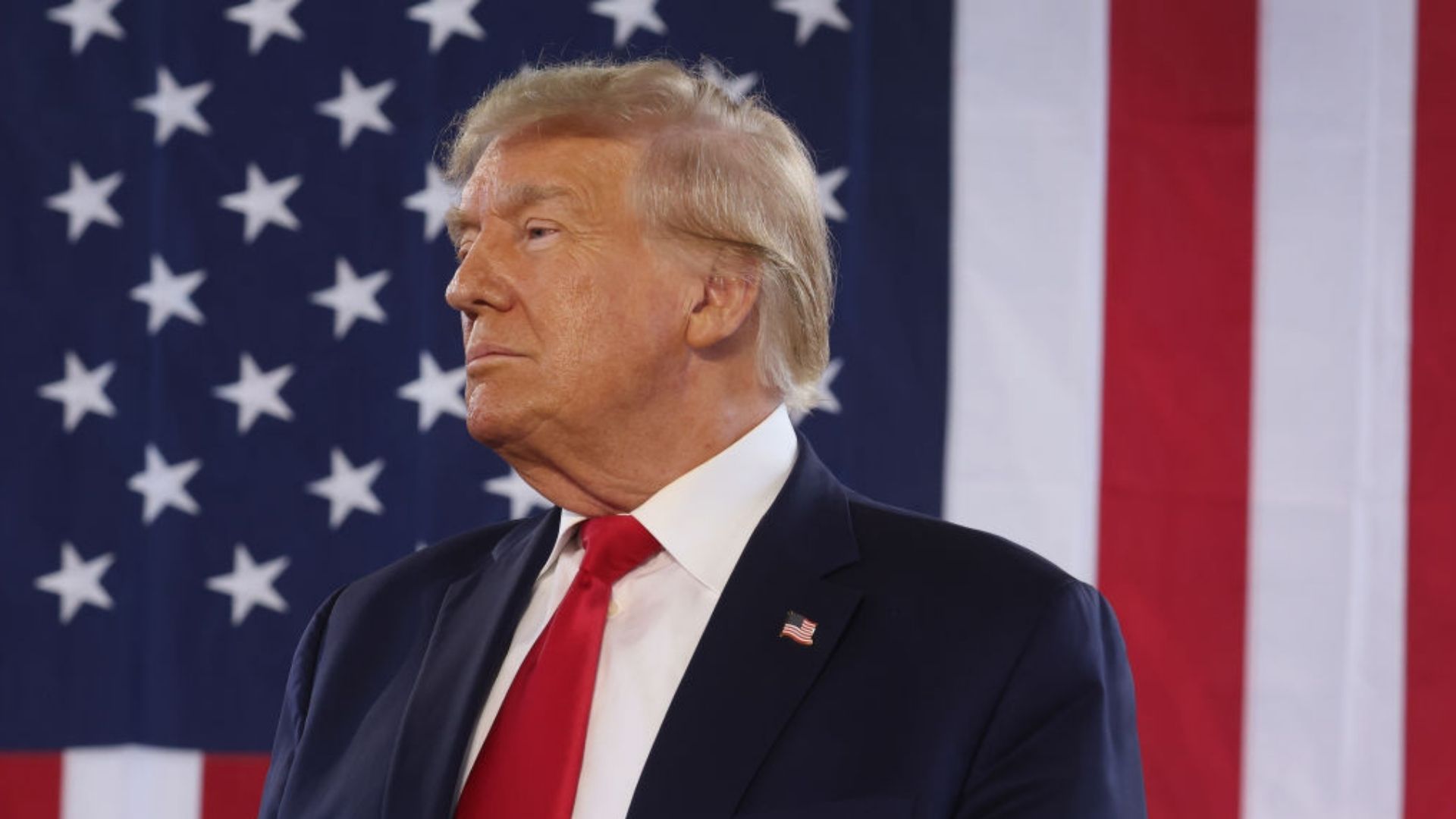
Source: Getty Images
Legal scholars, political analysts, and the general public continue to follow this intricate legal saga with great interest.
The Verdict Awaits
As this intricate legal battle unfolds, the pivotal question remains unanswered: Will Trump’s unconventional defense strategy hold up in court, or will it be deemed legally insufficient?
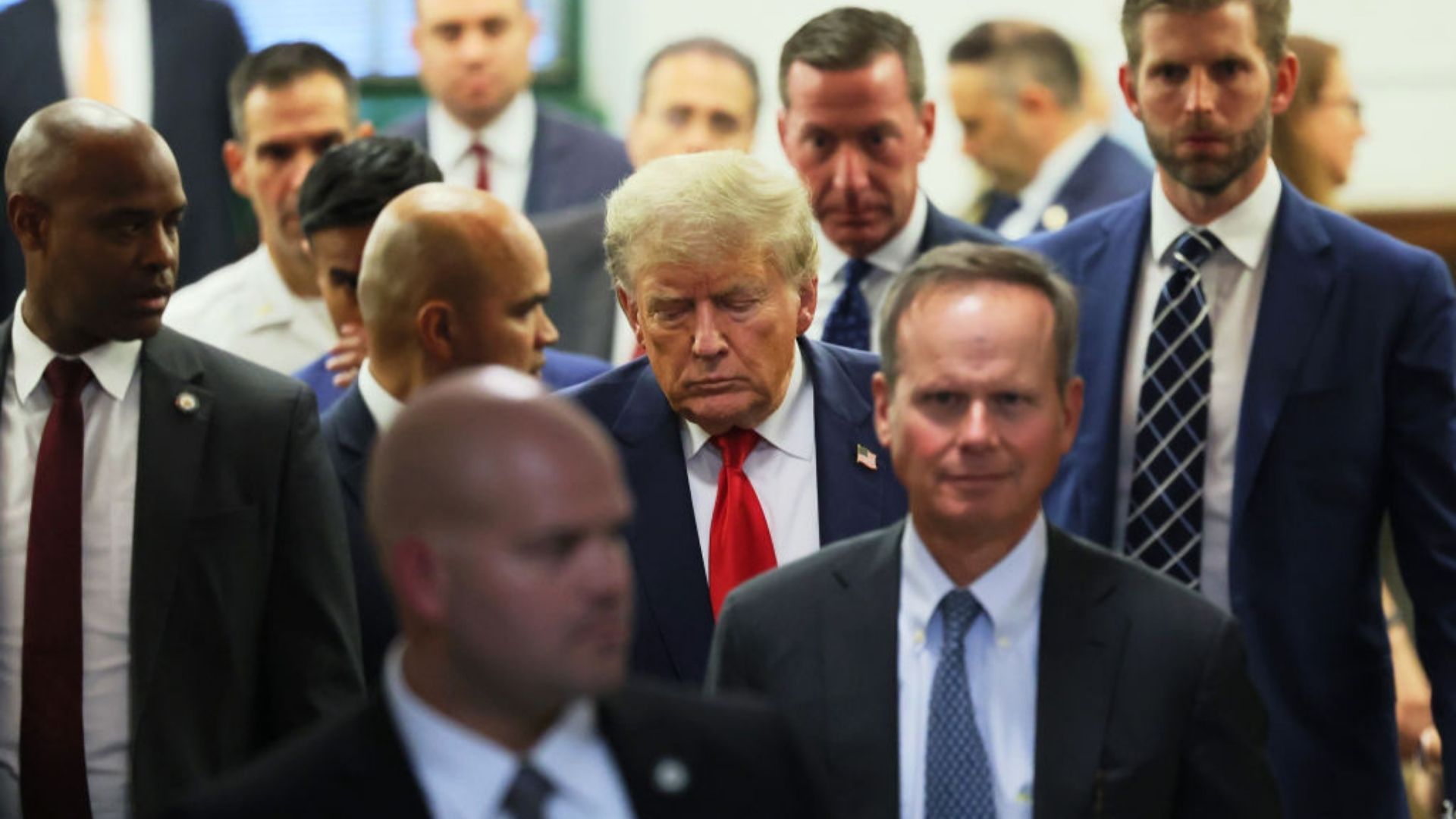
Source: Getty Images
Ultimately, the fate of this case rests in the hands of the judiciary.
Observing the Legal Drama
As the legal confrontation between Trump and the Constitution unfolds, both legal experts and casual observers alike remain eager to witness the final verdict.
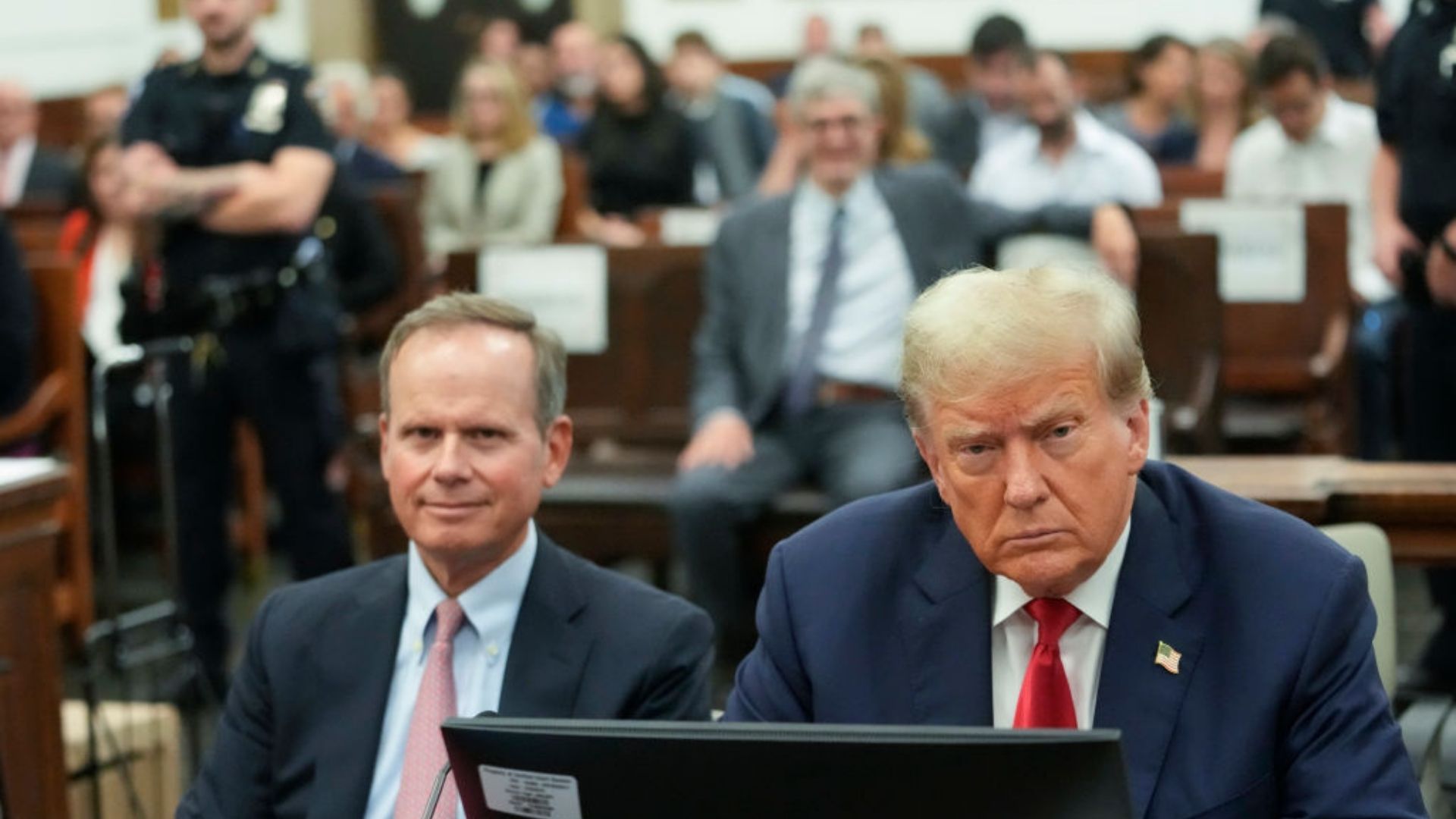
Source: Getty Images
The outcome of this unique legal case could have profound implications for the interpretation of the Constitution and its role in American politics.
